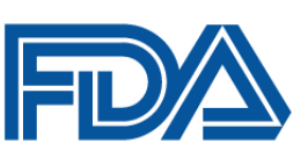The U.S. Food and Drug Administration (FDA) yesterday announced the approval
of Tecentriq (atezolizumab), the first PD-1/PD-L1
inhibitor approved to treat urothelial carcinoma, which is the most common type
of bladder cancer
Tecentriq blocks the PD-1/PD-L1 protein pathway, which may help the immune system fight cancer cells. The newly approved medication will be used to treat patients with advanced or metastatic urothelial carcinoma.
“Tecentriq provides these patients with a new therapy targeting the PD-L1 pathway,” FDA’s Center for Drug Evaluation and Research, Office of Hematology and Oncology Products Director Dr. Richard Pazdur said. “Products that block PD-1/PD-L1 interactions are part of an evolving story about the relationship between the body’s immune system and its interaction with cancer cells.”
Of the 310 patients who participated in the clinical trial, 14.8 percent of patients' tumors completely or partially shrank. Twenty-six percent of patients in the study that were classified as positive for PD-L1 expression saw tumor response. The trial measured the effectiveness of the Tecentriq treatment against locally advanced or metastatic urothelial carcinoma.
The FDA also approved the Ventana PD-L1 (SP142) assay, which detects PD-L1 protein expression levels. By identifying patients with a positive PD-L1 expression, the doctors can determine if Tecentriq is the most effective treatment for their cancers.













 Alerts Sign-up
Alerts Sign-up